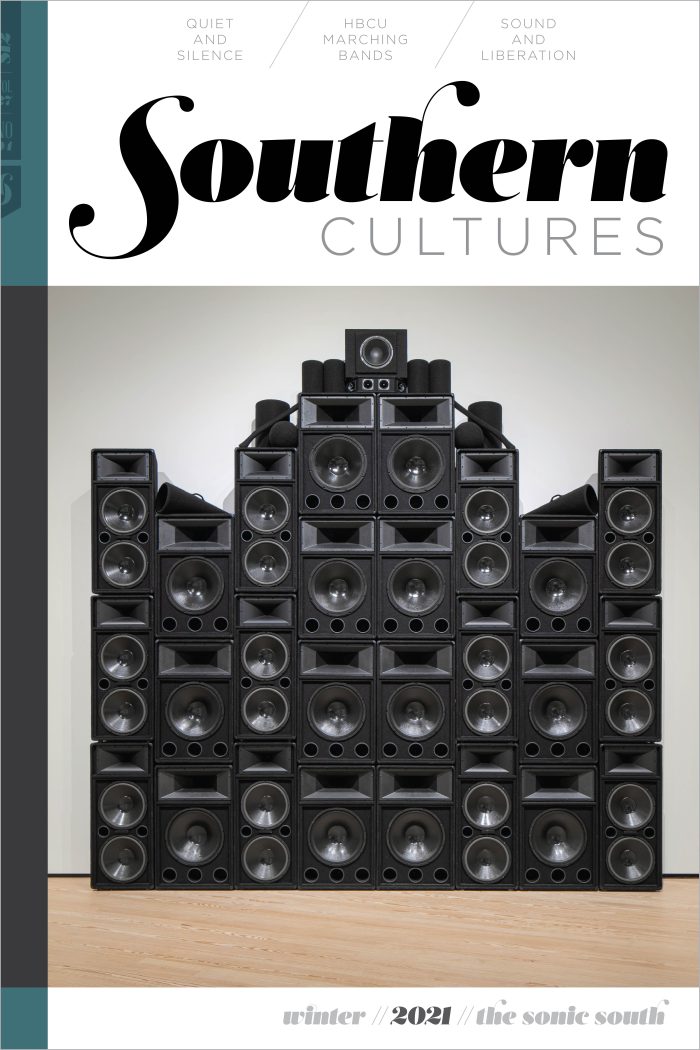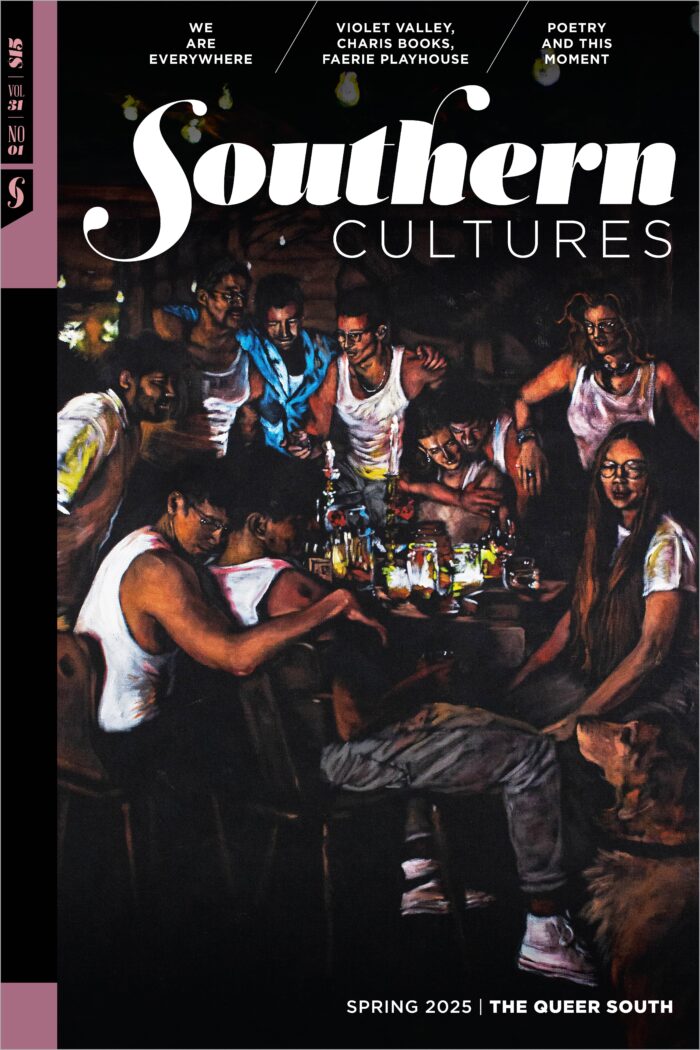“The music is a gift; it makes room for us.”
As a young Black queer male growing up in South Carolina, I was fascinated by marching bands at historically Black colleges and universities (HBCUs). Involved in music programs at an early age, many of my music directors were HBCU alumni—South Carolina State, Savannah State, Fayetteville State, to name a few—who shared with their students their passion and pride for HBCU marching bands. My high school band program started as a corps style marching band, but transitioned to a traditional HBCU show style when we got a new band director who was an HBCU grad. I remember entering band camp the summer before the new season started when, to my delight, we were introduced to music by the likes of Funkadelic, Babyface, and Notorious B. I. G.—the type of funk, R&B, and hip-hop that has come to exemplify the musical stylings of HBCU marching bands.


